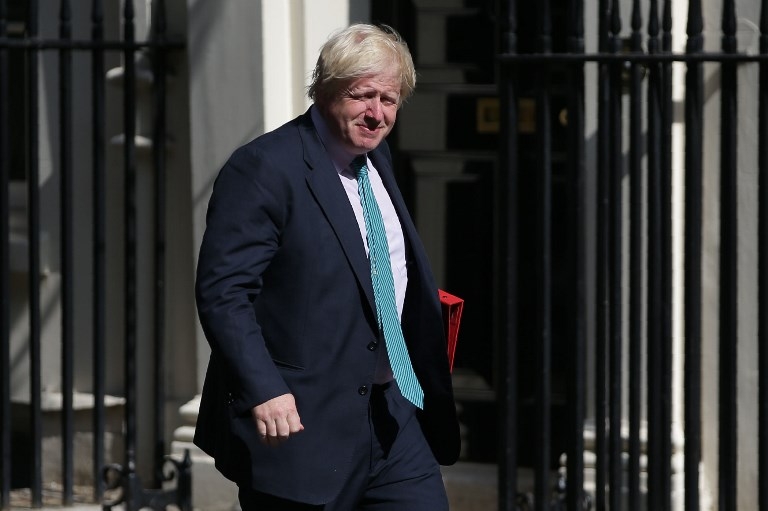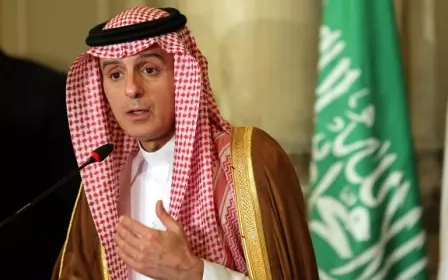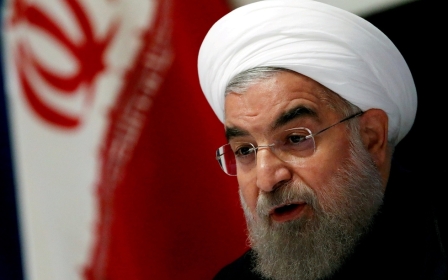Qatar rejects terrorism claims as British minister flies in

Qatar on Friday dismissed as "baseless" accusations that it was financing terrorism, in its first public response to a statement from four Arab states leading a boycott against the tiny emirate.
The four - Saudi Arabia, the United Arab Emirates, Egypt, and Bahrain - said in a joint statement late on Thursday that Doha's refusal to accept their demands to end the diplomatic stand-off was proof of its links to terrorist groups.
In their statement, carried by their state media, the four said their initial list of 13 demands was now void and they pledged further political, economic and legal steps against Qatar.
In its first reaction to the statement by the four, Qatar dismissed as "baseless" the renewed accusations that it was interfering in the affairs of other states and financing terrorism.
"The State of Qatar's position on terrorism is consistent and known for its rejection and condemnation of all forms of terrorism, whatever the causes and motives," the state news agency said, quoting a senior foreign ministry source.
Qatar was ready to "cooperate and review all claims that do not contradict the sovereignty of the State of Qatar," it added.
The statement came as Britain's foreign secretary, Boris Johnson, arrived in the Middle East to meet representatives from Qatar, Saudi Arabia, the UAE and Kuwait, which has been mediating in the crisis, in a bid to heal the rift.
"The foreign secretary will urge all parties to get behind Kuwait's mediation efforts, which the UK strongly supports, and work towards de-escalation and Gulf unity for the sake of regional stability," the foreign office said in a statement.
"He will also discuss a range of security and bilateral issues with a particular focus on working together to address the common threats of extremism, radicalisation and terrorism."
Johnson’s trip comes as Rex Tillerson, the US secretary of state, makes plans to travel on Monday to Kuwait.
The US State Department's spokeswoman, Heather Nauert, said Washington had become "increasingly concerned that the dispute is at an impasse" and could yet continue for months.
In a further sign of growing US unease, James Mattis, the US defence secretary, called his Qatari counterpart, Khalid bin Mohammad al-Attiyah, to emphasise "the importance of de-escalating tensions ... so all partners in the Gulf region can focus on next steps in meeting common goals," according to a Pentagon statement.
Meanwhile Qatar’s foreign minister reiterated that the siege was an act of aggression and an insult to a sovereign country.
"Shutting down Al Jazeera is out of the question. Any demand that affect the sovereignty of the State of Qatar will not be discussed," Sheikh Mohammed bin Abdulrahman Al Thani told CNN.
He denied that Qatari money was funding terrorism and stressed that "if there is any Qatari who are involved in financing any terrorist organisation, he will be held accountable".
"We have never sought to target the security of any Gulf country because such a matter would have its consequences on Qatar."
New MEE newsletter: Jerusalem Dispatch
Sign up to get the latest insights and analysis on Israel-Palestine, alongside Turkey Unpacked and other MEE newsletters
Middle East Eye delivers independent and unrivalled coverage and analysis of the Middle East, North Africa and beyond. To learn more about republishing this content and the associated fees, please fill out this form. More about MEE can be found here.




